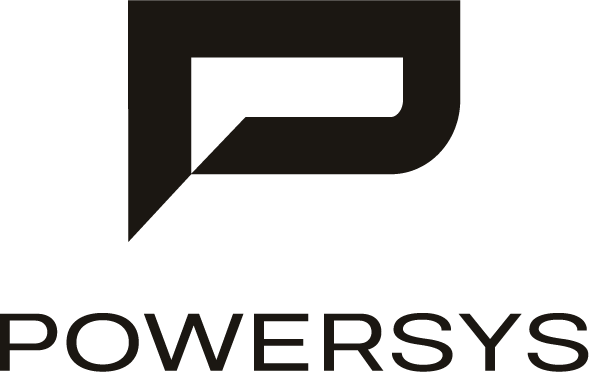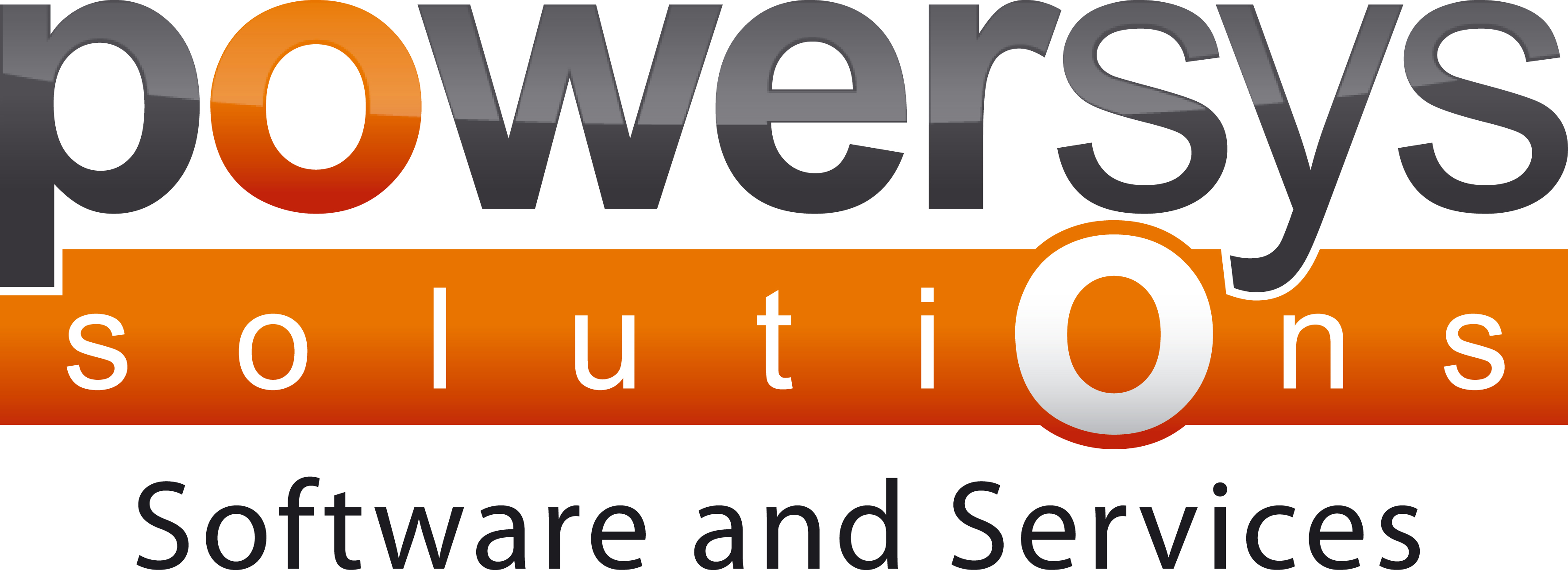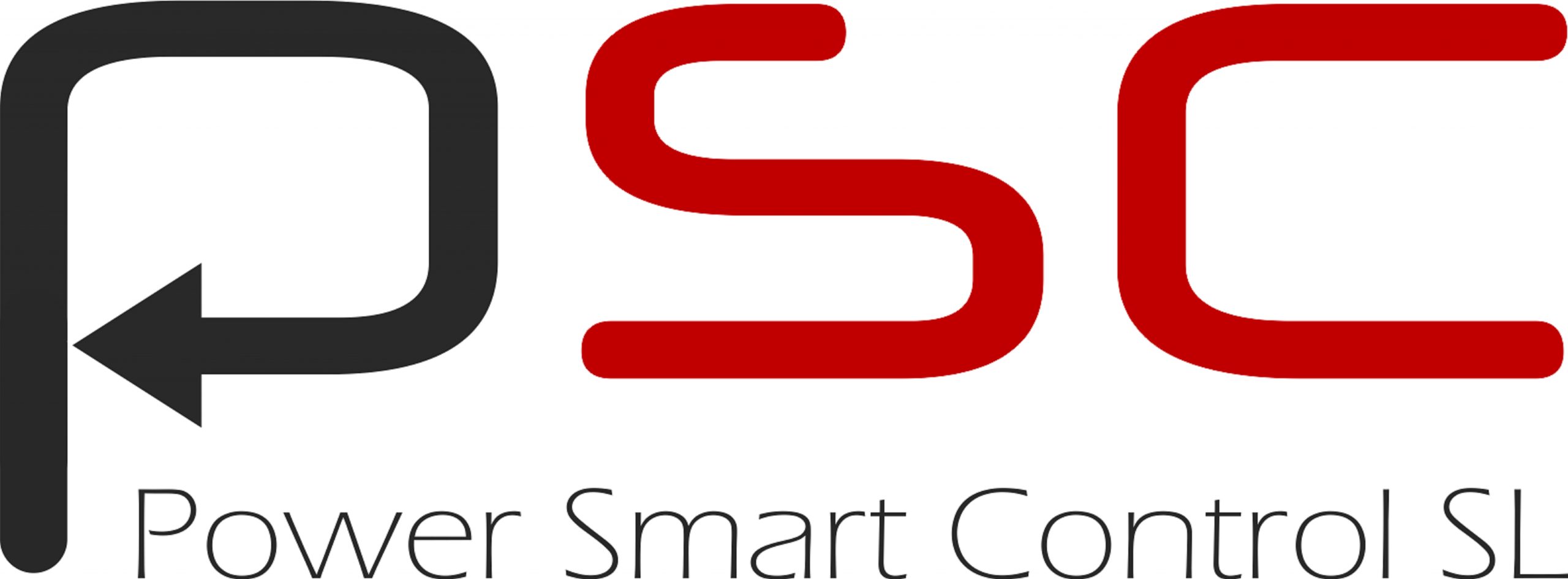Due to the COVID-19 outbreak, we are happy to announce that our training “Single Phase and Three-Phase Inverters Control”, HAS BEEN CONVERTED to a 4-Day E-TRAINING (4 hours per day).
Moreover this e-training will be offered to support the work of firmware and power hardware engineers, university students and professors as well as control expert during this lockdown period.
Dates: April 28, 29 & May 5, 6 2020
E-Training fees: FREE
Registration closing date: April 26, 2020
Language: English
> Register Now
Instructor
Antonio Lázaro, Professor at Carlos III University of Madrid / CTO at Power Smart Control S.L.
Antonio Lázaro was born in Madrid, Spain, in 1968. He received the M. Sc. in electrical engineering from the Universidad Politécnica de Madrid, Spain, in 1995. He received the Ph. D. in Electrical Engineering from the Universidad Carlos III de Madrid in 2003.
He has been an Assistant Professor of the Universidad Carlos III de Madrid since 1995. He has been involved in power electronics since 1994, participating in more than 80 research and development projects for industry. He holds 10 patents and software registrations and he has published nearly 140 papers in IEEE journals & conferences. His research interests are high-power DC-DC Converters, Power Factor Correction (PFC) Rectifiers, AC-DC inverters (railway and grid-connected applications), modeling and control of switching converters and digital control techniques.
Dr. Lazaro has originated and leaded the development of the Software SmartCtrl. He is the co-founder and technical director of Power Smart Control S.L. a spin-off company of Carlos III University of Madrid focused on the development of SmartCtrl and hardware high added-value control solutions for power electronics (SoC-FPGA control, HIL systems, real-time FPGA variable logging, automatic test-benches, etc.).
Objectives
The main objective of the training is to provide the audience with the main modeling and control concepts needed to successfully control a single-phase or three-phase inverter for different applications: AC voltage generation (UPS, AC buses, etc.), grid-tied inverters and motor drives.
This course is an introductory to mid-level course focused in the following specific objectives:
- To provide a practical comparison of the main Modulation Techniques.
- To get a solid fundamentals about the design of the digital inner current loops.
- To show efficiently how to move from the single-phase to the three-phase converters.
- To show the different grid-synchronization techniques under balanced and unbalanced conditions.
- To provide a complete set of practical reference designs (PSIM simulation examples) for the main inverters applications (voltage forming, grid-tied and motor drive) for the main filter configurations: L, LC and LCL.
- To show the most effective, current and future, digital platforms to implement the inverter control.
Audience
The training course is recommended to everybody interested in the theoretical and practical design aspects of digital control applied to the main inverter applications:
- The practicing engineer (firmware and power hardware engineers) will be given with the physical meaning and efficient explanations of the modeling and control problem.
- The university student (Master and PhD degrees) will find easy-to-follow mathematical developments not always covered in the text books.
- Instructors and university professors will find a different approach for their explanations as well as an interesting set of simulation reference designs.
- The control expert is also invited to participate in a discussion-space to share practical experiences on specific problems.
Training duration
4 days, 4 hours per day
Agenda
Day 1 | April 28th, 2020
9:00-10:00 am | Section 0: Fundamentals of dynamic modelling and control of switched converters
- Steady-state operation, transient operation and small signal
- Converter Modelling
- Control Loop design
10:00-11:00 am | Section 1: Modulation Techniques in DC-AC converters
- Inverter concepts and inverter topologies
- Basic Output Voltage Control
- Fundamentals of PWM modulation
- Advanced Modulation Techniques
11:00-11:15 am: Break
11:15-13:00 pm | Section 2: Single-Phase Voltage-Source Inverter
- Introduction
- Conceptual Current Control
- Voltage Control
- Digital Current Control
- Detailed control schemes
Day 2 | April 29th, 2020
9:00-9:45 am | Section 3: Space Phasors and Two-Dimensional Frames
- Motivation
- Space Phasors and Phase Voltages
- αβ Stationary Reference Frame
- dq Synchronous Reference Frame
- Summary of three-phase formulae
9:45-11:00 am | Section 4: PLL for Single-Phase and Three-Phase Converters
- The need of synchronism
- Grid Codes
- Fundamentals of Grid Synchronism
- PLL based Synchronism
- 4.1 Arc tangent
- 4.2 SRF PLL
11:00-11:15 am: Break
11:15-13:00 pm | Section 5 (I): Control Fundamentals of Three-Phase Voltage-Source Inverter
- dq Current Control of Grid-Tied Inverter
Day 3 | May 5th, 2020
9:00-11:00 am | Section 5 (II): Control Fundamentals of Three-Phase Voltage-Source Inverter
- AC Voltage Control
- Induction motor drives
11:00-11:15 am: Break
11:15-12:30 pm | Section 6: The digital current loop
- “Smart” sampling
- Analog filtering
- Digital filtering
12:30-13:15 pm | Section 7 (I): Outer Voltage Loop
- Introduction
- Steady-State operating Point. Inverter Voltage limits
Day 4 | May 6th, 2020
9:00-10:00 am | Section 7 (II): Outer Voltage Loop
- DC Bus voltage loop modeling
- DC Bus voltage Control
- Simulation Results
10:00-11:30 am | Section 8: Current control of Three-Phase Grid-Tied Inverter with LCL Filter
- Benefits of LCL filter
- abc / αβ transfer functions
- αβ Current Control
- dq Current Control
11:30-11:45 am: Break
11:45-13:15 pm | Section 9: Selection of the digital platform for control implementation
- Algorithm and control functions revision
- Rapid prototyping tools
- DSP / DSP+ FPGA
- SoC
- Examples of Easy Industrialized Solutions based on SoC Technology
> Register Now
Methodology
The focus is placed on Concepts
- The explanations are focused on the concepts and physical meaning. Mathematical developments are also included as reference materials in annexes.
Tools
- Controller design using SmartCtrl + PSIM simulation to test the results.
Examples & Exercises
- A large number of examples are used to show training explanations.
- Exercises are proposed to be developed by the audience during the training.
Organizers







